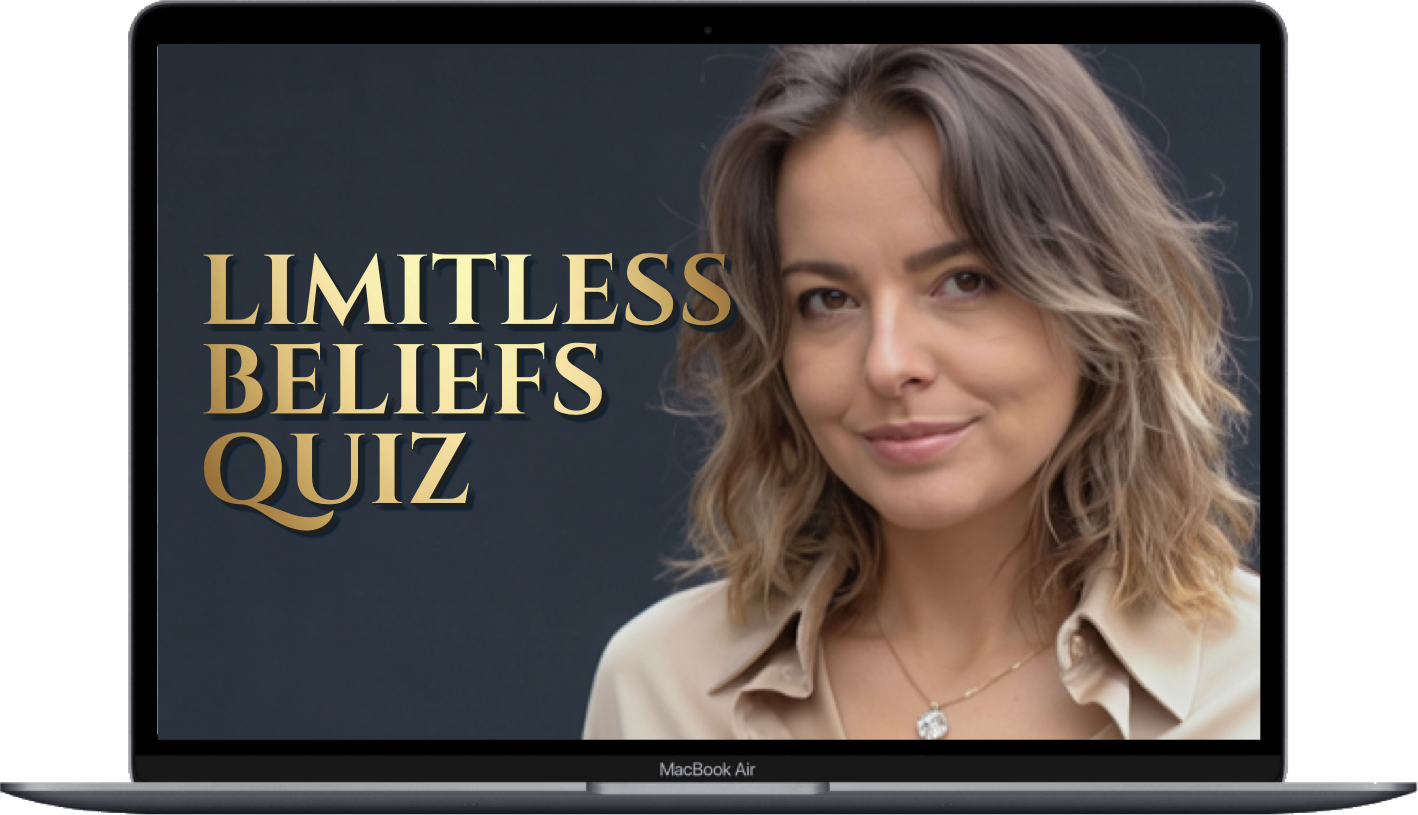One day, after parting, still feeling the gentle residue of a fading love, we hold on to those magical fragments — a certain light in their eyes, the echo of a laugh, the warmth of a memory — like the last rays of September sun brushing the windowsill. We ride those waves of sensation again and again, letting them wash over us. The touch, the rhythm of being “we,” the dreams of “together,” “tomorrow,” and “always.” These illusions keep drifting through our mind, each time catching us off guard, each time warmer than the last goodbye.
And yet — one day — we know it’s over. And we don’t want to wipe the last foggy breath from the glass, the one that says “we were here.” But if we don’t place the final period on this sentence, we’ll keep bleeding through every re-reading. The ache of loss, the heavy beauty of a happiness that has died. This final period isn’t a betrayal. It’s a kindness.
It’s a way of letting the heart rest in peace, not die. To tuck that love into the archives of memory where it can glow — safely, no longer keeping us hostage. What was shared can be remembered, but must not be reanimated like Monsieur Voldemort — a half-living phantom sustained only by our refusal to release the past. The period must be placed.
And the other person — they are not part of that decision. They will write their own ending. We do not need to reopen wounds or rekindle ghosts. We do not need to bring more pain where there’s already been enough.
Say the words, even just to yourself: “Goodbye, my love. I forgive you. Please forgive me. I let you go. I release you. I will be happy — with you or without you — because I love you. And I love myself too.”
Because the truth is: when someone touches your heart, part of you will always love them. Even if their heart felt cold. Even if it ended. Even if. But to keep your own heart warm, to prevent it from freezing over in the abyss of endless longing, you must one day find the courage to say: it’s over now. It’s in the past.
Let the bird fly from your hands. Wish it well. Walk away slowly. Toward a new life. Toward a love that hasn’t yet arrived, but will — because your heart will be ready to welcome it.
When we honor our grief — truly honor it, fully mourn — something miraculous happens. A space opens. The next step appears. The weight lifts. And we begin to walk again — lighter, clearer, freer. With trust.
I once heard a story from a psychologist. It was a summer day. The windows were open. Pigeons gathered on the sill, and he tossed breadcrumbs to them. Charmed, he threw a few on the floor. The birds flew inside, daring to trust him. And then, out of curiosity, he closed the window. The moment the birds sensed they were trapped, they panicked. Trust disappeared. They weren’t looking for breadcrumbs anymore — only for a way out. Of course, he quickly opened the window again. But the lesson was simple and profound. Love cannot thrive in captivity.
We are not so different from birds.
Letting go becomes necessary the moment fear creeps in. Fear that it won’t work out. Fear of loss, fear of pain, fear of another ending. That fear creates a tension. It inflates the importance of the outcome. We try to control it. We crave. We cling. But that craving creates pressure — not just in your own nervous system, but in the space between you. The more pressure, the more things begin to crumble. Sometimes slowly, sometimes all at once.
Letting go is not saying “we’ll never meet again.” It’s saying: “Whatever happens, I trust.” It’s releasing the future from your grip. It’s no longer obsessing over whether this will last, whether it’s “the one,” whether you’ll be happy together in ten years. It’s trusting that the outcome — whatever it is — will serve the highest happiness of both hearts.
That’s not passivity. It’s wisdom. And honestly? That mindset — “may the outcome bring the highest happiness to all involved” — is powerful not just in love, but in every area of life.
So let go. Give freedom. Not just to the other person, but to yourself.
The best outcome might be that they vanish from your life tomorrow. And that’s okay. Because when you stop gripping what must go, your hands become free to receive what’s next.



